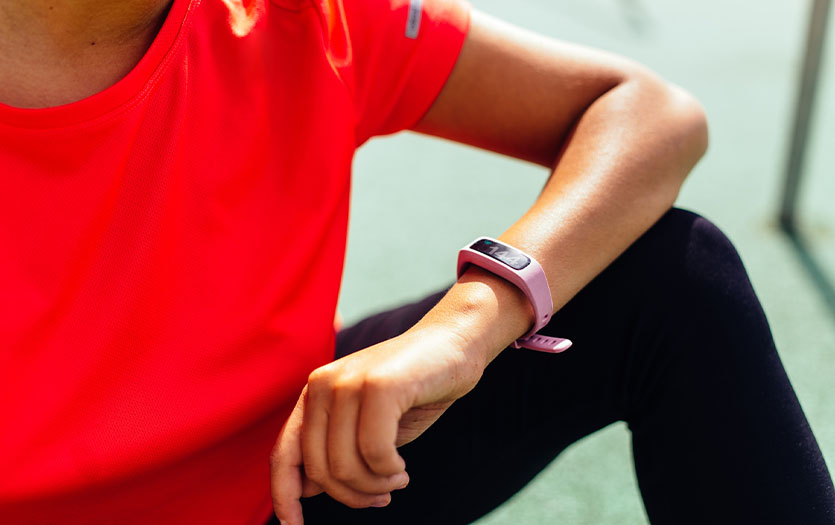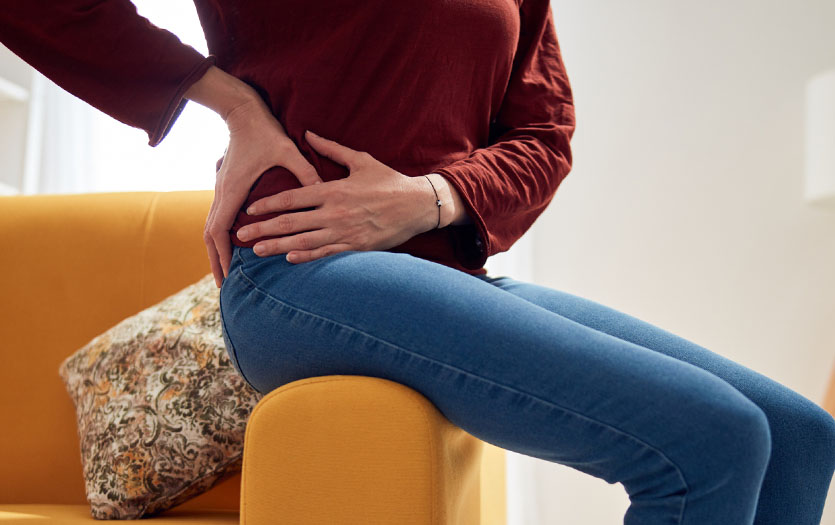
According to the World Health Organization (WHO), more than 1.5 billion people worldwide (nearly 20% of the global population) are affected by hearing loss or impairment in at least one ear. Sadly, incidences of these conditions continue to rise due to increased exposure to excessively loud sounds and situations. In this post, we’ll further discuss noise-induced hearing loss and how people can take control of their auditory health by employing simple but effective prevention methods.
How loud is too loud?
In general, sounds above 85 decibels (dB) can be harmful. However, this also depends on how long and often someone is exposed to the sound and whether they are wearing hearing protection.
Many activities and everyday occurrences can produce levels above 85 decibels. Some common examples could include but are not limited to:
- Fireworks
- Gunshots
- Subway or heavy traffic
- Emergency sirens
- Noisy restaurants
- Shouted conversations
- Window air conditioners
- ATVs, motorcycles and snowmobiles
- Lawnmowers, chainsaws and leaf blowers
- Music, concerts, sporting events and car races
How can noise-induced hearing loss develop?
In order to be heard, sound energy must be strong enough to bend the tiny hair cells in the cochlea, a part of the inner ear. The force of a loud noise can damage these delicate hair cells. A small amount of damage may not immediately affect hearing, but with repeated exposure, the hair cells become overworked and can be damaged, causing impairment.
Furthermore, noise-induced hearing loss typically affects both ears, but it can affect one ear more than the other if repeated, long-term exposure occurs. This happens when a loud sound continually comes from the same direction, like gunfire that originates near the same ear.
How can someone know if certain noises may damage their hearing?
An easy way to be more aware of potentially harmful noises and dB levels is to pay attention to any warnings or signs that a sound might damage someone’s hearing. A sound could be harmful if:
- The sound makes your ears hurt.
- Your ears ring after hearing the noise.
- You must talk loudly over the sound or have trouble hearing others.
- Other sounds seem muffled after you leave an area with loud noises.
What are the best ways of preventing noise-related hearing loss?
Being repeatedly exposed to loud noises is one of the most common causes of permanent hearing loss. It usually develops slowly, without pain or symptoms, and most people don’t notice any impairment until there is an issue or their condition is severe.
Fortunately, there are steps everyone can take to lower their risk. Some strategies might include:
Being aware of and avoiding harmful noises. We all encounter harmful noises at work, at home and in numerous other settings. But knowing what kinds of situations affect someone’s hearing can make all the difference. For additional information, Occupational Safety and Health Administration (OSHA) is a valuable resource and can provide guidance regarding hearing protection in the workplace.
Using ear protection. If someone knows they will be around high dB levels, wearing ear protectors, such as earplugs (expandable foam, pre-molded or reusable), canal caps or earmuffs, can help preserve hearing.
Controlling the volume (when you can). Reducing the noise in your life can help prevent and reduce someone’s risk of hearing loss. Anyone can do this by turning down the volume on their stereo, TV, car radio, and personal listening devices with headphones, earphones or earbuds.
Taking action right away. Don’t wait to protect yourself. Once damage to the ear is done, it cannot be reversed. However, it’s too late to halt further damage if someone already has some noise-related hearing loss.
Where can someone turn for help with their hearing?
The trained medical professionals at Parkview Physicians Group Audiology can help diagnose and treat hearing loss disorders and other inner ear conditions. Our staff specializes in the latest treatment options and offers personalized management and care for the hearing impaired, including comprehensive hearing evaluations, otoscopy and rehabilitation. For more information or to schedule an appointment with a Parkview audiologist, call (419) 636-4517.
Helpful resources
For more on ear health, check out these posts on the Parkview Dashboard blog:
Deborah’s story: Living with pulsatile tinnitus
Earaches and ear infections: What’s the difference?
Swimmer’s ear or common ear infection?
When to protect your child’s ears
Copyrighted material adapted with permission from Healthwise, Incorporated. This information does not replace the advice of a doctor.



